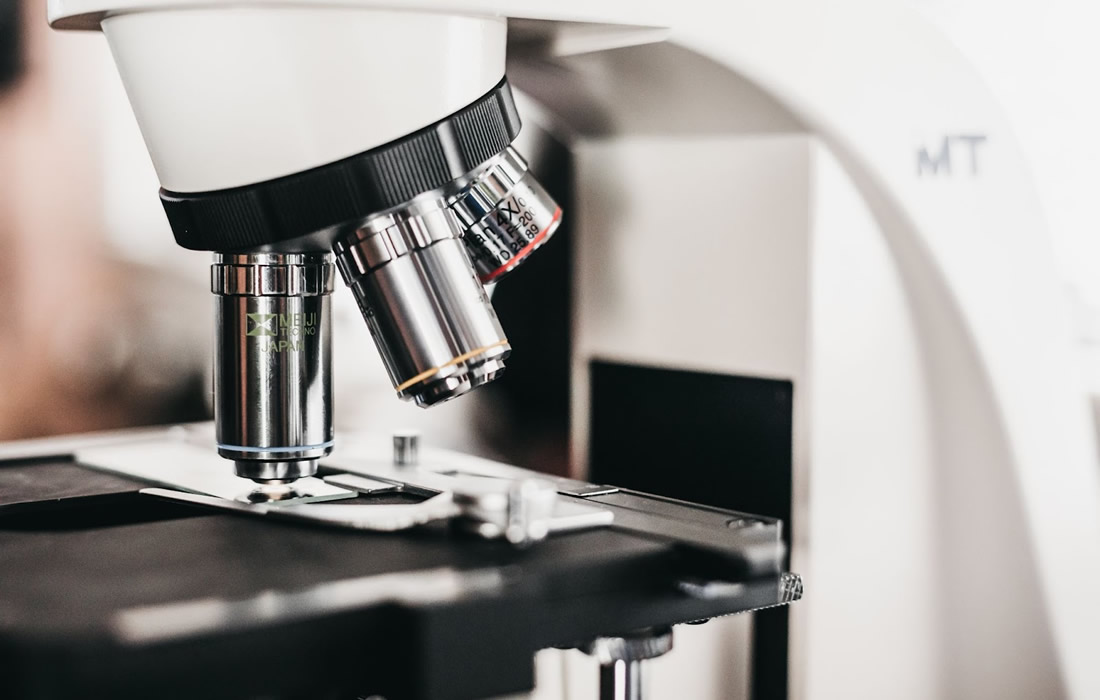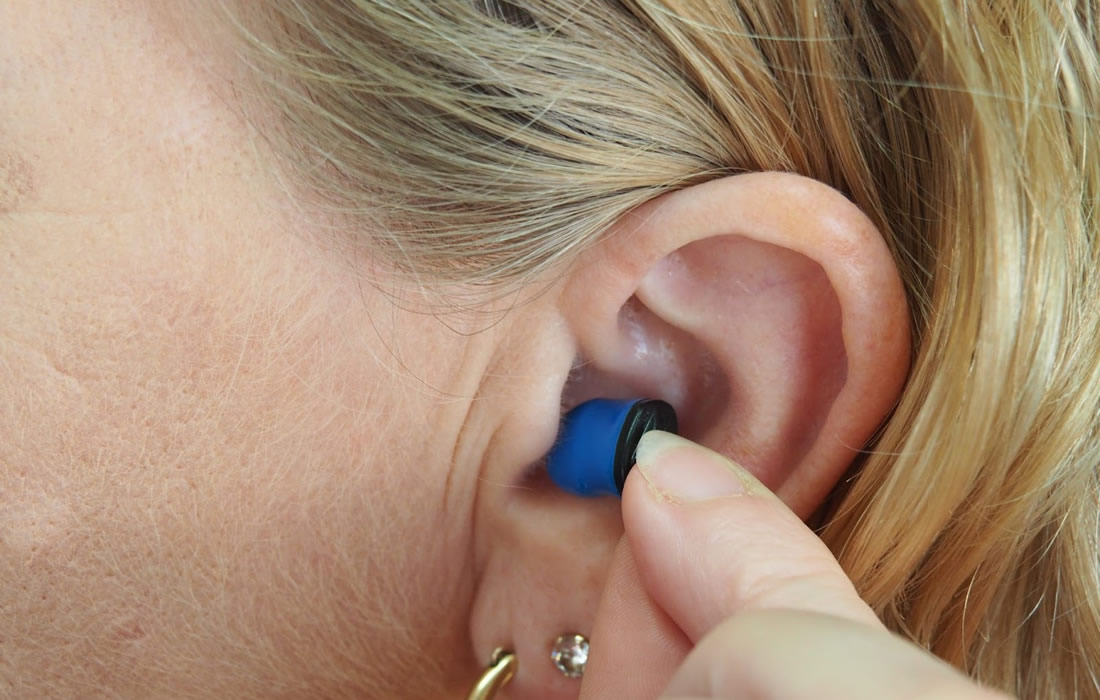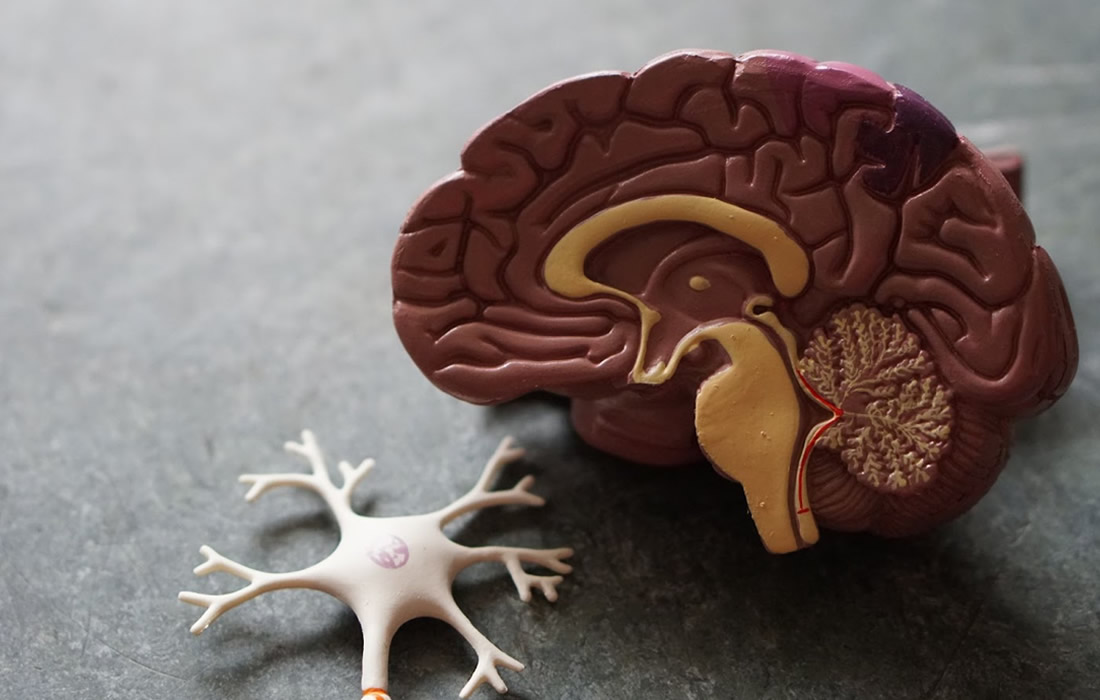A new study from UCLA researchers finds sex-specific brain signals that appear to confirm that different drivers lead men and women to develop obesity. “We found differences in several of the brain’s networks associated with early life adversity, mental health quality, and the way sensory stimulation is experienced. The resulting brain signatures, based on multimodal […]
Author Archives: Rocio Gallegos, MD
Prostate cancer is the second-leading cause of cancer death among men in the United States; about 33,330 men are expected to die of the disease this year. Most prostate cancers remain confined to the prostate and can be successfully managed by active surveillance or local therapy, with five-year survival rates above 99%. But once prostate […]
Researchers at the University of Maryland School of Medicine have conducted a study that has determined the role that a critical protein plays in the development of hair cells. Hearing relies on the proper functioning of specialized cells within the inner ear called hair cells. Researchers have been focusing on describing the developmental steps that […]
Hair follicles are mini-organs from which new hair constantly grows. The basis for new hair growth is the proper function of hair follicle stem cells (HFSCs). HFSCs undergo cyclic symmetric and asymmetric cell divisions (SCDs and ACDs). SCDs generate two identical cells that go on to have the same fate, while ACDs generate a differentiating […]
Neural stem cells (NSCs) produce neurons (nerve cells) and surrounding glial cells in the brain. By understanding how NSCs work, it could pave the way for therapies to speed up the neurons’ and glial cells’ regeneration. The new study, conducted using Drosophila fruit flies, shows that molecules that form a complex called STRIPAK are essential […]
Researchers examined data on people over 18 years of age who were hospitalized with COVID-19 in 107 registry-participating hospitals across the nation between January 2020 to March 2021. Smoking status was self-reported and people were classified as smoking if they reported currently using either traditional, combustible cigarettes or e-cigarette products, with no distinction between the […]
Researchers from the University of Adelaide and South Australian Health and Medical Research Institute (SAHMRI) compared two different diets: a time restricted, intermittent fasting diet and a reduced calorie diet to see which one was more beneficial for people who were prone to developing type 2 diabetes. Type 2 diabetes occurs when the body’s cells […]
Researchers have long known that many animals live longer in colder climates than in warmer climates. New research in C. elegans nematode worms suggests that this phenomenon is tied to a protein found in the nervous system that controls the expression of collagens, the primary building block of skin, bone and connective tissue in many […]
“We all know that broccoli is good for us, but why? What happens in the body when we eat broccoli?” said Gary Perdew, H. Thomas and Dorothy Willits Hallowell Chair in Agricultural Sciences, Penn State. “Our research is helping to uncover the mechanisms for how broccoli and other foods benefit health in mice and likely […]
ß cells are critical guardians of the body’s metabolic balance. They are the only cells capable of producing insulin, which regulates blood sugar levels by designating dietary sugar for immediate use or storage. In Type 1 diabetes, ß cells are attacked by the body’s own immune system, rendering them unable to produce insulin. Type 2 […]










